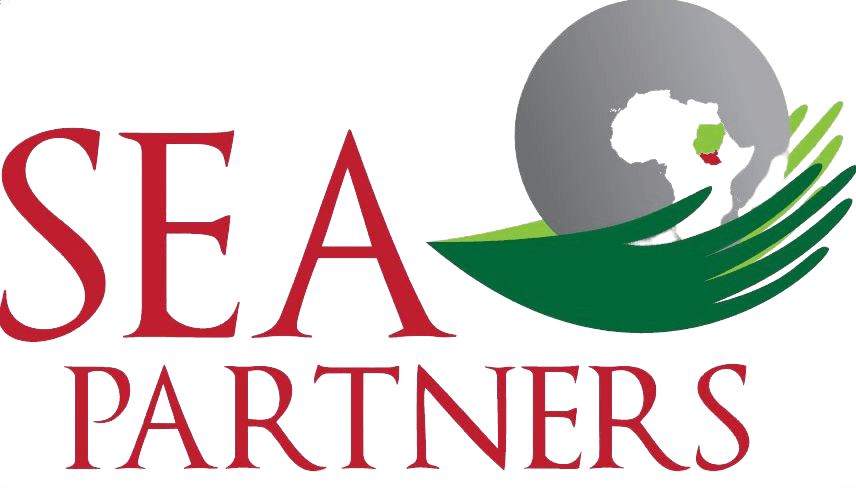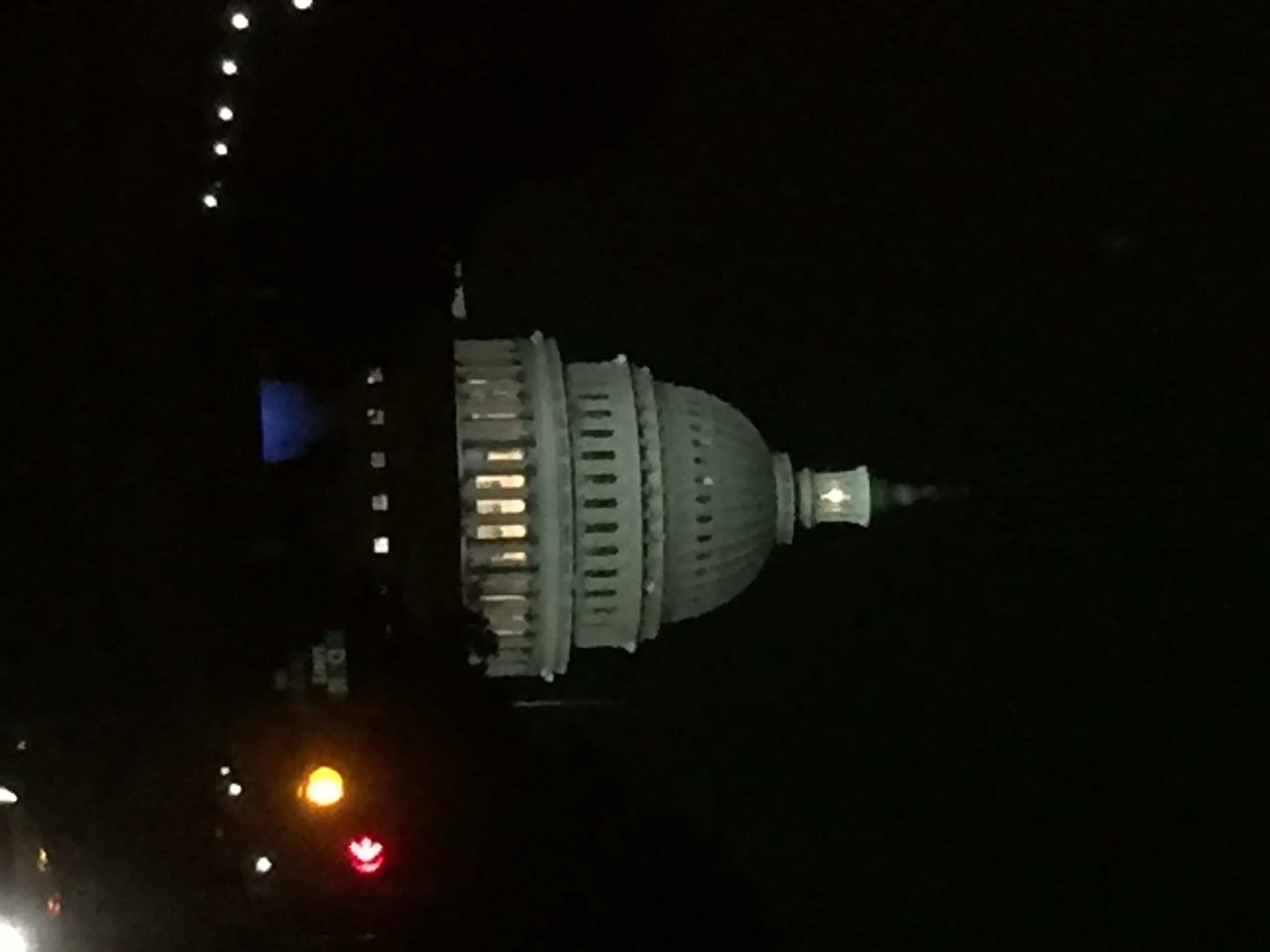Last week I participated in a program of advocacy for peace in Washington, DC. The Coalition of Advocates for South Sudan (CASS) supports a just and sustainable peace in South Sudan and they hosted their Second Annual Conference. Their focus was to encourage Unity and Partnership through their 70 members and to take specific recommendations and peace initiatives to members of Congress the following day.
Day 1: The Conference
 The purpose of the conference was to work towards the vision of a peaceful and prosperous South Sudan by continuing to build unity among the Diaspora (South Sudanese living outside South Sudan). In order to strengthen the partnership between South Sudan and the United States, training the Diaspora to advocate effectively is necessary. Much of the day was spent hearing from South Sudanese and the challenges facing this new nation. It was fascinating to hear from representatives of the South Sudan government and members of the opposition party. There was certainly a great divide between the the two parties but it was clear both wanted peace. Our advocacy for peace efforts were clearly needed.
The purpose of the conference was to work towards the vision of a peaceful and prosperous South Sudan by continuing to build unity among the Diaspora (South Sudanese living outside South Sudan). In order to strengthen the partnership between South Sudan and the United States, training the Diaspora to advocate effectively is necessary. Much of the day was spent hearing from South Sudanese and the challenges facing this new nation. It was fascinating to hear from representatives of the South Sudan government and members of the opposition party. There was certainly a great divide between the the two parties but it was clear both wanted peace. Our advocacy for peace efforts were clearly needed.
The second focus of the conference was to train members of the Diaspora and other advocates (like me) in the proper methods for lobbying congressional leaders. There were several sessions specifically explaining the lobbying procedures and protocol. In order to be the most effective with our lobbying efforts, teams were established so that advocates could spend time lobbying their own congressional districts. For example, I was teamed up with Dr. Isaac Bang, a professor at Mary Hardin Baylor in Belton, Texas. Dr. Bang and I were tasked to visit Senators Cruz and Cornyn’s offices as they are our Texas representatives.
Finally, as a group of CAAS members, we determined the three or four basic peace initiatives that we felt should be addressed by our Congressional leaders. For example, due to the increased spending of the South Sudanese government on weapons and the military, we determined that support for an arms embargo would force the government to spend its money on improving the lives of the people instead of buying more weapons for war.
Day 2: Lobbying Congress
 Dr. Bang and I visited six congressional offices and had two very interesting discussion. While we were not able to speak with Senator Cornyn himself, we were able to speak with his Foreign Relations expert. She was very interested to hear about South Sudan and asked several good questions. As with each of our visits, we left a packet of information about CAAS and the initiatives we would like them to consider.
Dr. Bang and I visited six congressional offices and had two very interesting discussion. While we were not able to speak with Senator Cornyn himself, we were able to speak with his Foreign Relations expert. She was very interested to hear about South Sudan and asked several good questions. As with each of our visits, we left a packet of information about CAAS and the initiatives we would like them to consider.
Overall it was a great day in Washington, DC and I enjoyed getting to know Dr. Bang. While the congressional representatives listened and were polite, they all noted that not much would get done until the elections were over. In spite of theses comments, this advocacy for peace was worthwhile. We made some great contacts that we can follow up with in the future and we learned a bit about how our government operates. I was pleased to be a part of this process and I look forward to the 3rd Annual Conference next year.
Final Comments
After 11 years working in Boma, this conference was a “first” for me. Meeting with others who are passionate about peace in South Sudan was a great reminder that SEA Partners’ efforts in Boma are critical to the peace process. As we train the younger generation, we are teaching them how to live in peace. We are showing them a new way of life. Tribal fighting and conflict leads only to poverty and unrest, while peace can bring prosperity and blessings. Please continue to pray for peace in South Sudan. If you want to help SEA Partners continue this important work in the peace process, please give an online gift.
Thank you for your consideration.
Donnie Brake, Ed.D
President

